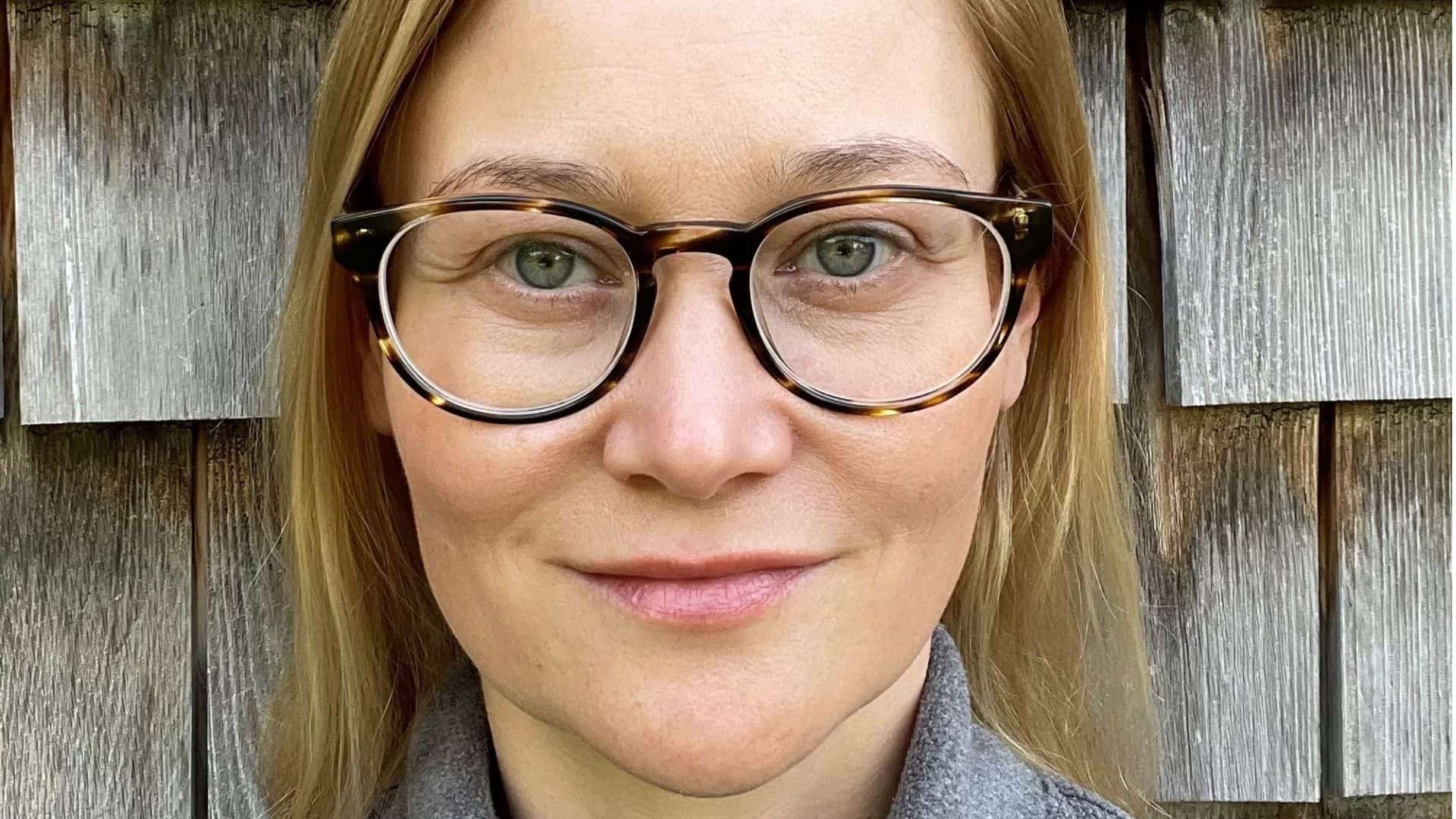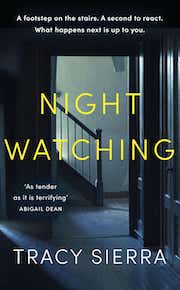
I’ve long had an uneasy fascination with true crime. I’m far from alone, given the ever-increasing popularity of the genre. True crime fans look a lot like I do – women are twice as likely as men to consume true crime.
Yet I’m deeply disturbed by real-life and even fictional violence. It erases human potential, steals away human love, and irrevocably changes lives far beyond those hurt. Consuming true crime therefore appears, on the surface, paradoxical. For me, the emotional experience of reading, listening to, or watching true crime feels closest to wiggling a loose tooth as a child – painful but somehow necessary.
That’s because under the surface of these dark stories floats the tantalizing promise that if I learn enough, study enough, know the strategies criminals use, their motives, I can somehow avoid harm. It’s an incredibly appealing possibility for anyone who presents as a woman, each of us constantly aware of our physical vulnerability and who daily modify our actions, appearance, and choices in a bid to prevent violence.
This, of course, creates an insidious form of victim-blaming. I catch my mind whispering, ‘You wouldn’t be out so late,’ or ‘That wouldn’t happen to you, because…’ This impulse and the sense of control it gives is reassuring, yet utterly wrong. Crime is always due to the acts of a criminal. Destruction is easy. Prevention may be impossible. And as you delve deeper into learning about crime, the more the idea of being able to stay safe via study is shattered. There are too many tricks, too much chance involved. No matter how confident someone is in their ability to defend themselves or others, even trained professionals often don’t prove themselves action heroes. And while true crime often focuses on serial offenders, statistically there are far more people harmed by those they loved and trusted most.
True crime becomes all the more problematic because it inherently revolves around criminals. We are hooked to these stories in part because we want to know the ‘why’ that can explain the inexplicable – human evil. Did something happen in childhood, could it all have been prevented, what was the mental state, whose ‘fault’ is it, really? The targets of crimes, what they must have been thinking and feeling, is lost, decentering them from their own stories. Survivors, understandably, may not want to re-live their experiences. And though many true crime creators delve deep into the lives and characters of those targeted by criminals, humanizing and memorializing them, too, often those taken are shown as a grainy photo or described in ways that feel overidealized and distant. And none of those stories can escape their lead characters: the perpetrators.
I wanted my debut thriller, Nightwatching, to probe at those uncomfortable pressure points in the true crime genre. The novel opens with a primal and universal fear: a woman, home alone with her children, is awake in the night after tucking her son back into bed when she realizes someone has broken into her house. As it becomes clear the intruder is there to harm them, his background, the nuances of his character, are utterly moot to the unnamed heroine and her children. Does the ‘why’ matter if evil is seeking you out? Does the heroine’s name matter when she could be any of us? And do we, as readers by her side and in her head, still feel an impulse to blame, to convince ourselves we would have done everything differently, that we are superior, saner, stronger? Are we yearning to see deep into the intruder’s soul, to understand him? Are we leaning on a larger hope for cosmic justice; convincing ourselves that bad things can only happen to bad people, unprepared people, weak people, people who aren’t like us?
The hope is that Nightwatching brings to the forefront what true crime fails to: how easy it is to tear down, and how much love, care, and time it takes to create and nurture. The novel asks what we consider powerful, what we elevate, what we consider strength or protection, and what that says about our societies and ourselves.
And after reading Nightwatching, if your mind whispers you would have done better, known better, that you have control, that our values and systems are fair and righteous rather than all-too-human, that you are safe – hopefully beneath that remains a gnawing doubt; a need to question your own conclusions, and the ‘why’ behind them.

NIGHTWATCHING by Tracy Sierra is published by Viking BOOKS UK, 8 February 2024
https://twitter.com/tsierraauthor
https://www.instagram.com/tsierraauthor/